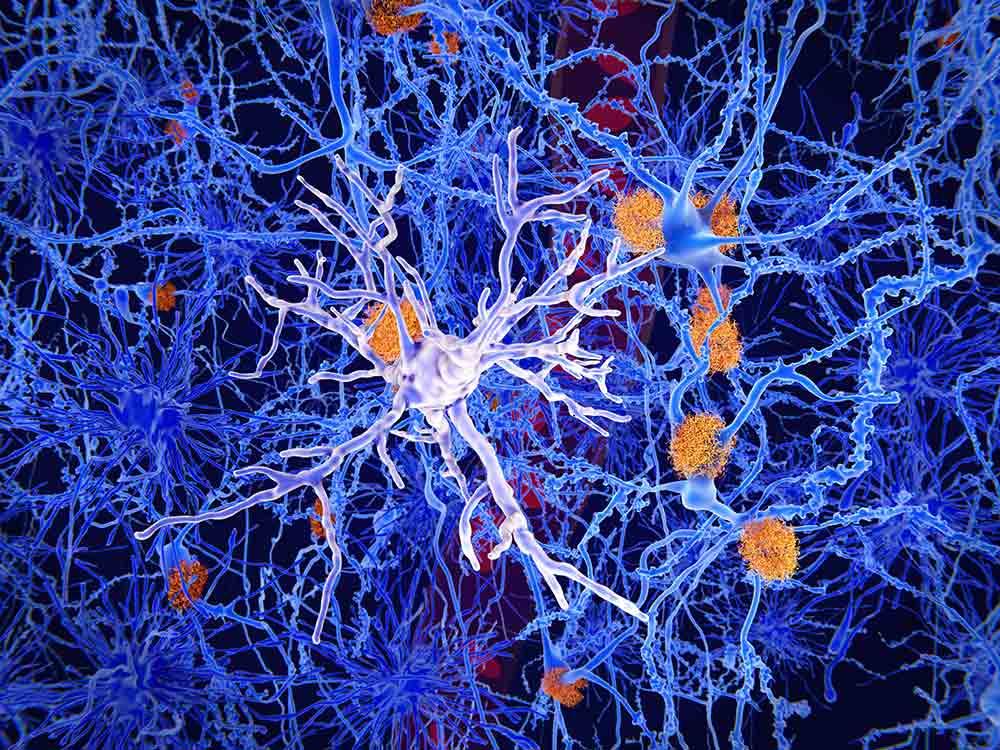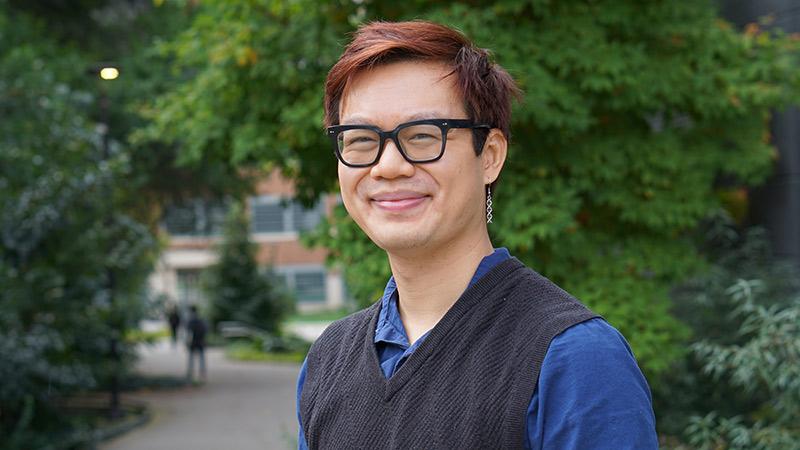
Alzheimer’s disease (AD) is one of the most pressing public health challenges. As an aging-related disease, Alzheimer’s prevalence is expected to grow as the population continues to age.
There is ongoing debate about whether we truly have an effective “cure” for AD, and while current treatments—some of which are in clinical trials—show promise in slowing the disease, their long-term effectiveness and potential side effects are still being determined.
Interestingly, some individuals who show signs of Alzheimer’s disease in brain scans and biomarker tests, continue to perform well on cognitive tests. This phenomenon, known as resistance, suggests that certain biological mechanisms may naturally protect the brain from AD-related damage. Understanding why these individuals remain cognitively resilient despite significant AD pathology could open the door to new therapeutic strategies.
Kevin Lin, assistant professor of biostatistics in the University of Washington School of Public Health, is working on new statistical methods to better understand whether certain brain cells have a "superpower" that shields them from the effects of Alzheimer’s.
Instead of focusing solely on removing pathological hallmarks like amyloid plaques and tau tangles, Lin’s team aims to uncover natural protective mechanisms within the brain and develop more effective interventions that help people maintain cognitive function and quality of life as they age.
Harnessing these resilience factors requires developing new statistical methods that can reconstruct key aspects of disease progression from post-mortem brain tissue.
“Studying Alzheimer’s disease at the cellular level is challenging because the team is most interested in how the disease progresses in living individuals, starting around age 65. However, scientists can only analyze brain tissue after a donor has passed away. This creates a fundamental mismatch when the goal is to understand the early and mid-stages of AD, but the data available comes from its final stage,” said Lin.

Kevin Lin receives 2025 Royal Research Award
Kevin Lin, assistant professor of biostatistics in the University of Washington School of Public Health has been awarded a 2025 UW Royal Research Award which will fund Lin’s work quantifying population-wide genomic markers of Alzheimer’s resiliency from cohort-wide single-cell RNA-sequencing. More about the award
The team’s approach integrates large-scale single-cell RNA sequencing data with statistical techniques designed to account for human variability, cognitive resilience, and potential confounding factors. By doing so, it aims to extract meaningful insights into how certain individuals resist cognitive decline despite extensive AD pathology.
“What excites me most is the deeply interdisciplinary nature of this work. Solving the mystery of Alzheimer’s resilience isn’t just a statistical challenge—it requires bringing together insights from statistics, biology, genetics, and neuropathology. No single field has all the answers, but by assembling a collaborative team with diverse expertise, we can piece together the puzzle of how certain individuals resist cognitive decline despite significant AD pathology,” said Lin.
“This research is like a scientific detective story, where each discipline offers a unique clue, and we must determine how they fit together. The thrill comes from uncovering hidden patterns in the data and using rigorous statistical methods to validate biological insights. It’s this intersection of computational science and real-world biology that makes this work extremely rewarding for me.”
Lin’s collaborators include leading experts in Alzheimer’s research at UW: Shubhabrata Mukherjee, research associate professor, Division of General Internal Medicine, UW Medicine and affiliate member, UW Alzheimer’s Disease Research Center (ADRC); Katherine E. Prater, postdoctoral research fellow, Jayadev Lab, Department of Neurology, UW Medicine; and Suman Jayadev, associate professor, Department of Neurology, UW Medicine and associate director and clinical core leader, ADRC.